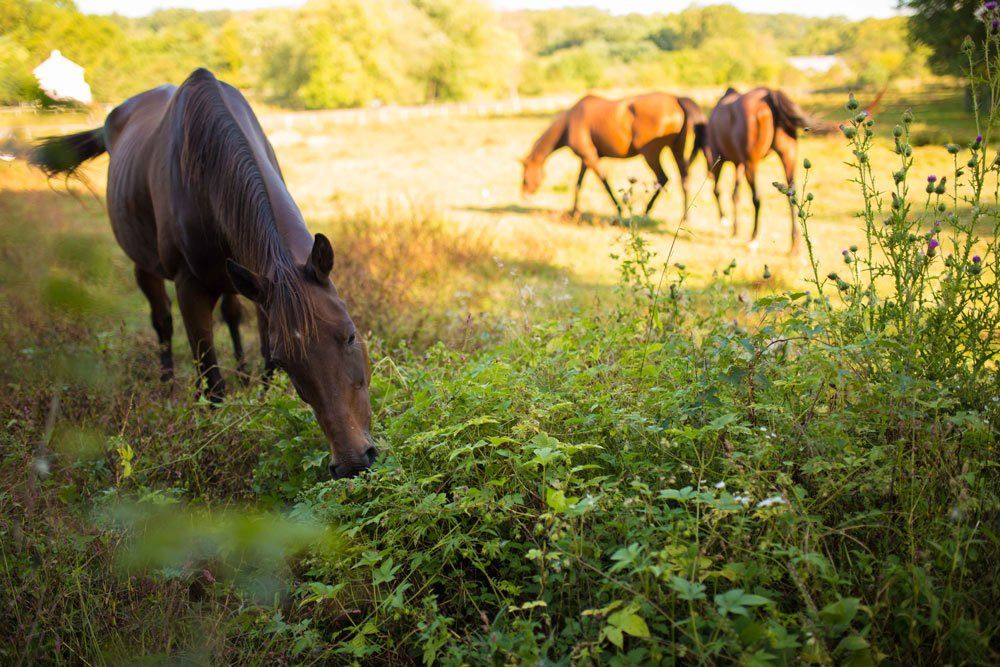Stories from the farm, by Chenoa Manor’s Student Interns
by Jen
Manor Mudder – September 19th, 11:00 am – 2:00 pm. Don’t miss your chance to get down and dirty at the farm! Register here.
Harvest Dinner – October 8th, 6:30-10:00 pm. Let’s toast to the goats and dine for the swine during the Chenoa fundraising event of the year. Tickets are limited, so reserve your seat now!
In “Why Look at Animals”, John Berger declares modern cultures have irreversibly alienated animals and isolated mankind. His opening statement expresses this opinion: “the 19th century, in western Europe and North America, saw the beginning of a process, today being completed by 20th century corporate capitalism, by which every tradition which has previously mediated between man and nature was broken” (Berger 3). He chronicles the gradual decline of the animals’ role in society beginning with the development of language and ending in modern society. In the beginning, animals were an integral part of our lives. Illustrating this point, Berger notes that language began as cave paintings where the first subject matter was the animal.
The alienation of animals dramatically increases during the Renaissance and thereafter. Berger alludes to Descartes’ “theoretical break” where “he bequeathed the body to the laws of physics and mechanics, and, since animals were soulless, the animal was reduced to the model of a machine” (Berger 11). Soulless connotes lifelessness, cruelness, callousness. Machine conjures images of replaceable objects and inexhaustible tools. Bothwords used in Descartes’ logical deconstruction of life illustrate how humans could justify the inhumane treatment of animals because in categorizing animals as machines, they become things defined by their service to humans. Spawned from humanist assertions and fully adopted by the industrial revolution and post-industrial societies, Berger illustrates the transitioned from respecting animals to exploiting them.
Berger also details mankind’s exploitation of animal images in the 20th century. Domestic animals, who once “served a useful purpose – guard dogs, hunting dogs, mice-killing cats, and so on,” are now diminished to pets, “the practice of keeping animals regardless of their usefulness” (Berger 14). Without purpose or responsibility, animals become irreversibly dependent on their human ‘masters’. Their animalistic qualities are thus invisible. By owning pets, individuals perpetuate human dominance and animal inferiority. Berger also alludes to Disney’s Donald Duck to emphasize the extent society exploits the animal image. He cites Donald Duck exclaiming “Man, what a day! What a perfect day for fishing, boating, dating or picnicking – only I can’t do any of these things…[because] as usual, I’m broke and its eons till pay day!” (Berger 15). Children see a duck but the duck, dressed in coat, hat, and bowtie, is completely devoid of any animal characteristics. Donald Duck is merely a costumed human caught in a capitalist debacle thus rendering the animal itself invisible.
That is why places such as Chenoa Manor are so important in modern society. Only at animal sanctuaries are animals permitted, encouraged, to be who they naturally are. By supporting and growing the reach of animal sanctuaries, you are promoting the unique image of each individual animal residing there thus reversing some of the damage done by mainstream society.

